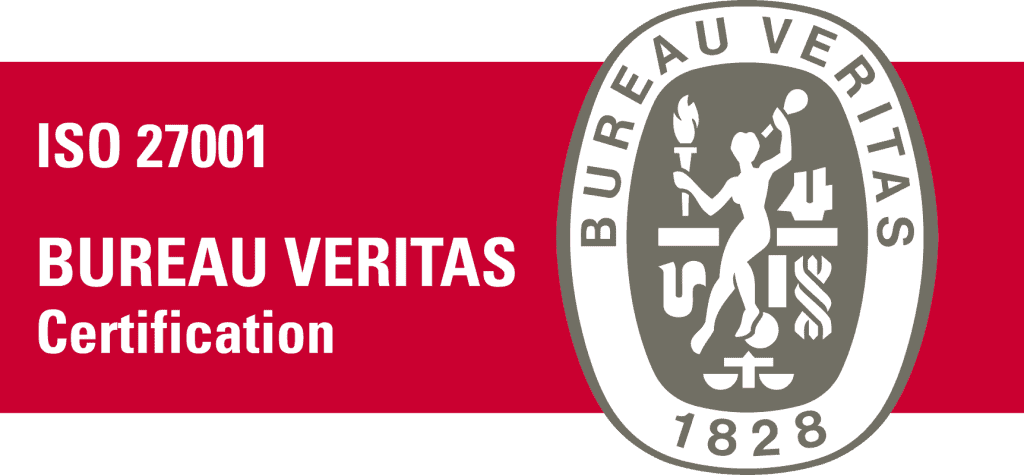
The Boston Consulting Group, an American multinational management consulting firm, was established in 1963. It is based in Boston, Massachusetts. It is one of three "Big Three", along with McKinsey & Company, Bain & Company, and McKinsey & Company. This article will focus on the history of BCG and its well-respected consulting skills. It also discusses some of the benefits of working for BCG. BCG's travel schedule, salary structure and benefits are all factors to consider if you're looking for a job at a highly rated company.
Bain rose up the ranks of BCG
When he joined BCG in 1967, Bruce Doolin Henderson was a young, ambitious engineer with little business experience. He quickly rose through the ranks and gained recognition for his attention to detail and physical fitness. Bain eventually rose to the level of vice-president and headed up one of four divisions that accounted for a large portion of the firm's revenues. Bain was a novice in business, but he quickly rose to prominence and was considered an heir obvious to Bill Henderson.
Bain, who graduated in 1959 from Vanderbilt University was employed by a steel-fabricating corporation. Bain & Co. were established in 1973. Bain Capital was founded in 1984 by Bain. Bain's contributions are difficult to imagine without them. This article will not replace Bruce Henderson, the founder of the firm's advisory and research services.

Bruce Henderson, founder's insights
Bruce Henderson is the founder of Boston Consulting Group and will use his experience and insight to create a new Institute. The Institute will help organizations develop new ideas and approaches to business problems, and will be named for Henderson. It will be global and focus on the implications of key trends. It will study the intersection of innovation, strategy. The Institute will also study the impacts of globalization upon traditional industries such healthcare.
During his long career as a consultant, Bruce Doolin Henderson worked at Arthur D. Little, one of the oldest management consulting firms. His frustrations led him to approach the CEO Boston Safe Deposit and Trust, which was one of his clients. Henderson was hired to start a consulting division within the bank. He was able conceive his ideas, which led to the formation of the Boston Consulting Group.
Travel schedule
BCG's typical travel schedule covers four days per week, Monday to Friday. Friday brings the firm back into office. On Friday, consultants spend time chatting with managers about how to make the most out of their weekends. After work, they may hit up happy hours with their fellow BCGers. BCG consultants are expected to have a rigorous travel schedule. However, the company offers perks such as a Platinum membership at Marriott Hotels. It may sound harsh, but this is actually quite reasonable when considering the company’s commitment to training.
The Boston Consulting Group employs over 12,000 people worldwide. It has been awarded multiple times for employee satisfaction. Fortune magazine recently named it one the 100 Best Companies to work for in 2016. The company is looking for candidates with the right mixture of curiosity, drive and collaboration. They have also hired candidates for remote jobs and flexible work hours in the past.

BCG has many benefits
BCG is proud of its diversity. People from diverse backgrounds can contribute to the development of innovative solutions. But in order to achieve this diversity, individuals must feel included and free to express their ideas. As a result, BCG offers various programs to encourage employees to express their opinions and build a sense of community. These are just a few examples of such programs.
The company also pays for the premiums of health insurance for employees. It also compensates consultants for their work in non-profit organizations. It also pays for a large share of their consultants' travel expenses. Employees may have to travel to clients or spend a substantial portion of their time in meetings. The work schedule of BCG consultants is varied but requires dedication, creativity, hard work and determination. BCG employees appreciate the flexibility in their work schedule.
FAQ
What type of contracts are available to consultants?
When they are hired, most consultants sign standard employment contracts. These agreements outline how long the consultant will work for the client, what he/she will get paid, and other important details.
Contracts will also outline the areas of expertise and compensation for the consultant. A contract may state that the consultant will deliver training sessions or workshops, webinars, seminars and other services.
Sometimes the consultant will simply agree to complete a task within a certain timeframe.
Many consultants sign independent contractor agreements in addition to the standard employment agreements. These agreements allow the consultant work on his/her own but still receive compensation for his/her efforts.
Why would you want to hire consultants?
There are many reasons why you might need to hire consultants:
-
A specific project or problem may be a challenge for your company.
-
You would like to improve your skills or learn new things
-
You want to work with an expert in a particular field
-
There is no one else available to handle the task
-
You feel overwhelmed with all the information you see and don’t know where it is.
-
You cannot afford to pay someone fulltime
Referrals are the best way for you to find a qualified consultant. Ask around to see if you know any good consultants. If you already know someone who works as a consultant, ask him/her for recommendations.
If you decide to use online directories like LinkedIn, use the "Search People" feature to look for consultants in your area.
Can anyone be an advisor?
A consultant is someone who can help you reach your goal by providing advice on ways to make things better, more cost-effective, etc.
Consulting can be a great way to solve problems, make informed decisions, and work with others.
For specific tasks or projects, consultants are often hired.
Actually, most consultants get paid hourly and daily rates, rather than per-project.
Statistics
- According to IBISWorld, revenues in the consulting industry will exceed $261 billion in 2020. (nerdwallet.com)
- Over 62% of consultants were dissatisfied with their former jobs before starting their consulting business. (consultingsuccess.com)
- My 10 years of experience and 6-step program have helped over 20 clients boost their sales by an average of 33% in 6 months. (consultingsuccess.com)
- Over 50% of consultants get their first consulting client through a referral from their network. (consultingsuccess.com)
- According to statistics from the ONS, the UK has around 300,000 consultants, of which around 63,000 professionals work as management consultants. (consultancy.uk)
External Links
How To
How to start a consulting company and what should I do first?
It's a great way for you to make money online by starting a consulting company. No prior business experience is required. You can start your own consulting firm by building a website. Once you've built a website, you'll want to use social media platforms such as Facebook, Twitter, LinkedIn, Instagram, Pinterest, YouTube, etc... to get the word out about your services.
You can use these tools to put together a plan for marketing that includes:
-
Creating content (blogs)
-
Establishing relationships (contacts).
-
Generating leads (lead generation forms)
-
Selling products on e-Commerce websites
After you have developed your marketing strategy, it's time to find clients willing to pay for your services. Some prefer to meet up at networking events or go to meetings, while others prefer to use online platforms like Craigslist, Kijiji, and others. The choice is up to you.
Once you've found new clients, you'll want to discuss terms and payment options. This could include hourly fees, retainer agreements, flat fee contracts, etc. It's important to know what you expect before accepting a client so you can communicate clearly throughout the process.
An hourly contract is the most popular type of contract for consulting services. In this case, you agree to provide certain services at a fixed rate each month or week. Depending on the type of service you are offering, you may be able to negotiate a discount depending on the length of the contract. Before you sign a contract, ensure you understand everything.
Next, you will need to create invoices that you can send to your clients. Invoicing is one those things that seem so simple until you actually do it. You have many options to invoice your clients. For instance, some prefer their invoices to be emailed directly to clients while others prefer hard copies to be mailed. Whatever your preferred method, make sure it works well for you.
After creating invoices are complete, you will need to collect payments. PayPal is preferred by most people because it is simple to use and offers many payment options. You can also use Square Cash, Square Cash (Google Wallet), Square Cash, Square Cash, Apple Pay and Venmo as payment processors.
Once you're ready for collecting payments you'll need to set up bank account. You can keep separate checking and savings accounts to track income as well as expenses. Setting up automatic transfers into your bank account is also helpful when paying bills.
It may seem overwhelming to start a consultancy, but once it is done correctly, it becomes second-nature. For more information on starting a consultancy business, check out our blog post here.
Starting a consulting firm is a great way to earn extra cash without worrying about employees. Many consultants work remotely, which means they don't have to deal with office politics or long hours in the office. Since you are not tied down by regular working hours, you have more flexibility than a traditional employee.